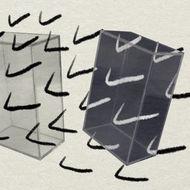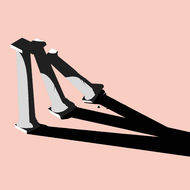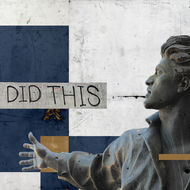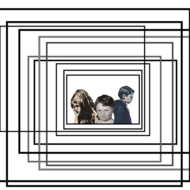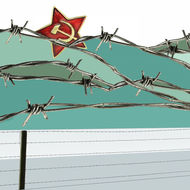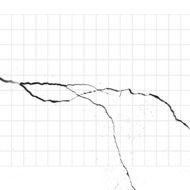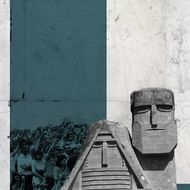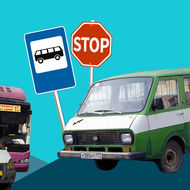Search articles
Search results for
December 5: Armenia’s Most Important Municipal Election
By Harout Manougian
On December 5, 2021, Armenia will be holding the most important municipal election in its 30 years since independence. This municipal race, and the two previous ones earlier in the autumn, serve as a kind of second round to provide greater insight into Armenia’s ever-changing political landscape.
Defeated Generals Demand the Resignation of a Defeated Prime Minister
By Nerses Kopalyan
The demand for the Prime Minister’s resignation by the Army’s General Staff is a violation of the civilian-military doctrine that has served as an institutional and normative standard within Armenia’s state system and establishes a highly dangerous precedent.
Deficiencies, Incompetence Impair Lebanon’s Political System
By Ave Tavoukjian
Even in Lebanon’s greatest time of need, officials corrupt democracy to entrench themselves in power rather than cater to the needs of the people.
Deinstitutionalization: A Policy That Ensures a Child’s Right to Family Life
By Sona Martirosyan
Over a decade ago, Armenia’s government launched a pilot project called Deinstitutionalization of Orphanages. The initiative, which also sought the creation of a Foster Family program was not successful for many reasons, but mostly because it was never really child-centered. The Ministry of Labor and Social Affairs is set to change that.
Demarcating the Armenia-Azerbaijan Border Through International Mediation, Not Violence
By Sossi Tatikyan
What was posed as a border demarcation issue further threatens regional stability in the South Caucasus. The current mounting military action is not sustainable; the process must revert back to international norms, writes Sossi Tatikyan.
Demarcation of the Armenian-Azerbaijani Border in Syunik
By Maria Titizian
Volunteers and mayors have been left to fend for themselves as Azerbaijani troops walk up to and past the edges of their border communities in an area that was never demarcated as an international border.
Democracy: Threat Or Opportunity?
By Levon Mazmanyan
Armenia's bid to pursue an independent and sovereign policy as a democracy was perceived to have a geopolitical context. The danger was in not seeing that reality, not evaluating it, and not recalculating domestic, foreign and security policy accordingly.
Denying the Will of the Armenian People: Populism, Democratic Backsliding and Polarization
By Nerses Kopalyan
That the same people who made a mockery of democracy are now lamenting an imaginary backsliding, is intellectually insulting to the Armenian citizen, writes Nerses Kopalyan.
Despair, Anger or Resolve
By Raffi Kassarjian
Resolve is different from blind faith that “this too shall pass.” We need the entire Armenian nation to start getting ready for the next encounter, writes Raffi Kassarjian.
Desperately Seeking a More Comfortable Ride
By Lusine Sargsyan
With car imports to Armenia doubling over the past year and a poorly organized public transportation network, there is permanent gridlock in the streets of the country’s capital. Yerevan’s municipality hopes to change all that.


